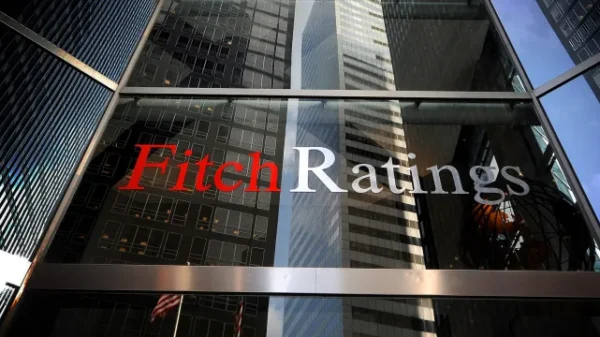Meta
Meta Platforms, the parent company of Facebook, is facing a pivotal antitrust trial beginning Monday in Washington that could reshape the future of the tech giant’s business.
At the heart of the legal battle is the U.S. Federal Trade Commission’s (FTC) claim that Meta built an illegal monopoly in the social media industry by acquiring two of its top rivals—Instagram and WhatsApp.
The FTC argues that Meta strategically bought Instagram in 2012 and WhatsApp in 2014 to eliminate emerging competition and solidify its dominance in the social networking space.
According to the Commission, these acquisitions were not about innovation or expansion, but about removing potential threats before they could grow into serious competitors.
The lawsuit, originally filed in 2020 during former President Donald Trump’s administration, now proceeds under the Trump-Vance FTC leadership, which has expressed a strong stance on holding Big Tech accountable.
If the FTC wins the case, it could force Meta to sell or restructure its ownership of Instagram and WhatsApp, a move that would be unprecedented and significantly alter the tech landscape.
Such a breakup would strike at the core of Meta’s business model, as Instagram alone is estimated to contribute nearly half of the company’s U.S. advertising revenue.
Meta has strongly pushed back against the allegations. In a blog post on Sunday, the company’s Chief Legal Officer, Jennifer Newstead, called the FTC’s case weak and counterproductive.
She argued that pursuing such action against a major American company, while the government is simultaneously attempting to address concerns over Chinese-owned TikTok, sends a conflicting message to the tech sector and investors.
“This case could chill innovation and investment,” Newstead warned, adding that the FTC’s approach undermines the business environment that has fostered technological growth in the United States.
Meanwhile, Meta appears to be maintaining a close relationship with the Trump administration. Since the election, the company has made policy adjustments that align with Republican criticisms of content moderation, and it reportedly donated $1 million to Trump’s inauguration. CEO Mark Zuckerberg has also been seen at the White House on multiple occasions in recent weeks.
Despite Meta’s efforts, the FTC remains confident. Spokesperson Joe Simonson praised the legal team, saying, “We are blessed with some of the most hardworking and intelligent lawyers in the country who are working around the clock. The Trump-Vance FTC could not be more ready for this trial.”
The outcome of this landmark case could set a major precedent, not only for Meta but for the broader technology industry, especially as regulators globally consider ways to rein in the influence of digital giants.










